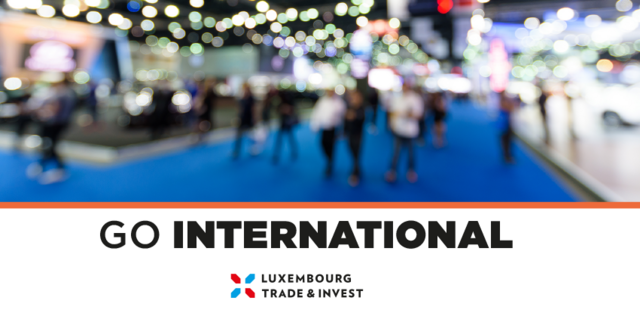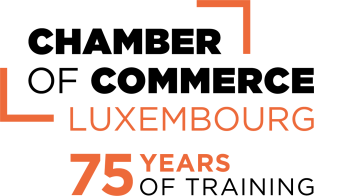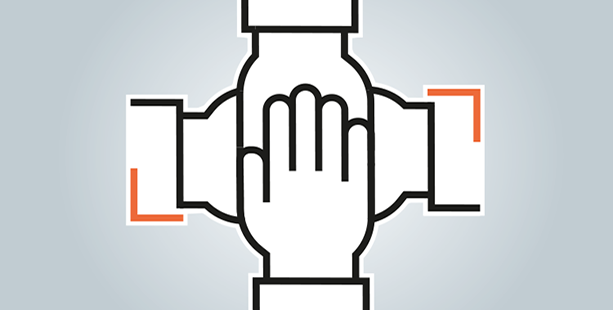
International Affairs

For the first time, the Chamber of Commerce organised, in cooperation with the Luxembourg Trade and Investment Office in Abu Dhabi, an accompanied visit to Arab Health 2018, January 29-31, 2018.
Arab Health is the largest medical trade fair in the Middle East, also attracting professionals from Africa, the Indian subcontinent and Asia/Southeast Asia. 39 national or regional pavilions were present this year. A total of 4.200 exhibitors, including large hospitals and medical centers were welcomed. A Personal Healthcare Technology Zone has been launched. This area was dedicated to new technologies within healthcare that are becoming more and more relevant, such as wearable devices, homecare devices, telemedecine and mobile apps.
A number of groundbreaking products were displayed at the event, including the real-time, image-guided surgical robot from John Hopkins University or the artificial intelligence enabled CT scanner from Siemens, highlighting recent cutting-edge solutions in the sector.
Having discussed with the nine participants from Luxembourg, all of them confirmed that the fair is well organised, that the benefits in terms of new opportunities business are positive and that to develop business in the region and beyond, Arab health is really useful.
The delegation was also received by the management of the Dubai Science Park aiming at boosting UAE’s life sciences, renewable energy and solar energy sector’s position in the world. Amongst its more than 350 companies, Dubai Science Park created a science hub that offers adequate infrastructure and networking forums for its partners including giants such as Pfizer, Medtronics, Olympus and First Solar.
In addition, the group visited the government-owned Cleveland Hospital Abu Dhabi. The Clinic, an extension of US-based Cleveland Clinic’s model of care, combines a 500 bed facility, with five clinical floors, three diagnostic and treatment levels, and 13 floors of acute inpatient units. It is a physician-led medical facility providing patients in the region direct access to high standard healthcare and reducing the need for the local population to travel abroad for treatment.
A boost in paving new ways between Luxembourg and the Middle East Life Sciences may be expected. Since the region has a multiethnic and diverse population, it is important to cater for their healthcare needs on a par with global healthcare standards. As in Luxembourg, technological sophistication in healthcare based on the application of artificial intelligence, virtual reality will trigger a paradigm shift in the industry. This, when combined with education, specially in the field of Life style-related diseases, will make healthcare delivery impeccable.











